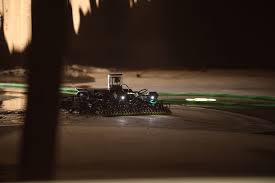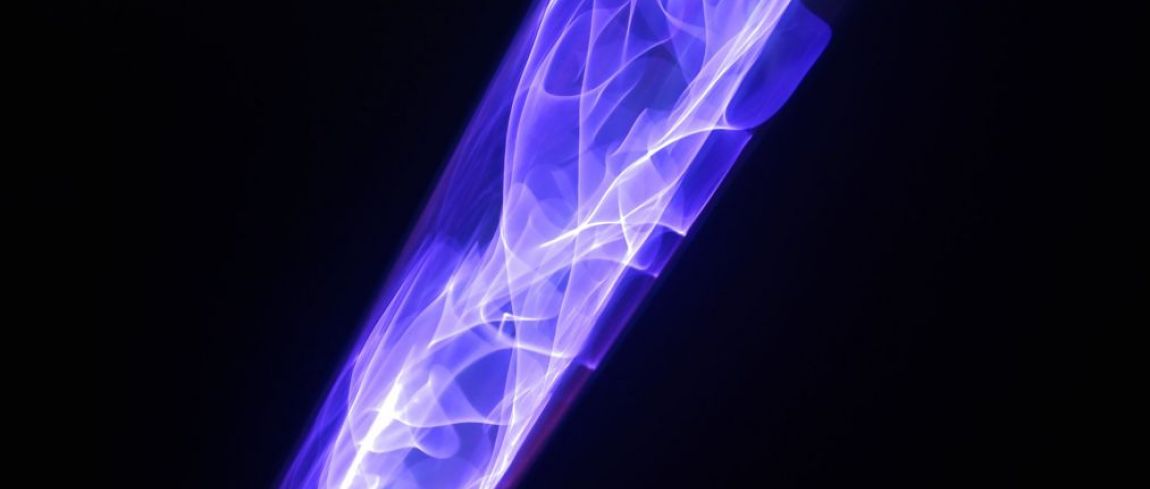Source: mrt.com
No matter the commodity price, the equipment that produces, moves and processes crude and natural gas must be maintained.
“Ongoing maintenance is critical,” said Jake Loosararian, co-founder and chief executive officer of Gecko Robotics, in a phone interview.
The Pittsburgh-based robotics company he co-founded in 2013 utilizes artificial intelligence-enabled robots to gather data on infrastructure, from pipes to pressure vessels, tanks to boilers and silos to help determine what could fail or is failing and assist with maintenance.
“We’ve created this proactive way of maintaining critically important – and expensive – infrastructure,” said Loosararian, 28
“The robot I made in college was to address things that, if they failed, could have a negative impact,” he said.
Doing such inspections traditionally put people in danger, he said. “As I was building my robot, someone fell off a scaffolding and died,” he said.
When Gecko Robotics first started, he said it focused on the power space. But since then it has expanded “a fair amount” to work with government agencies such as the U.S. Navy, manufacturing and oil and gas companies. He listed BP, Chevron, Exxon, Marathon and Shell as among the customers using the machines to inspect the integrity of their infrastructure. The company recently raised $40 million in seed money, with Mark Cuban as a backer.
“We build these machines and platforms to identify integrity and help with assessments related to issues with infrastructure and predicting when things will fail,” he said.
“We’ve found the best way to understand structural integrity, whether it’s pipes or pipelines, digesters, oilers, tanks or silos, the way to identify integrity is through going out to those places and do spot checks with sensors,” he said.
For example, the company has developed a tubing integrity inspector with sensors that can perform inspections safely and a lot faster.
Beyond that, Loosararian said the company does not merely sell a customer a robot but uses its software to analyze the masses of data provided by the robots and artificial intelligence to identify when failures will happen, such as a refinery explosion or pipeline failure.
“We don’t know when things will happen or if the steps we’re taking are effective. We take the masses of data collected by the robots and utilize artificial intelligence and machine learning to predict failures,” he said.
While the company’s oil and gas work has been focused on the midstream and downstream sectors, primarily downstream, Loosararian said Gecko Robotics is getting involved in the onshore and offshore upstream sectors.
“We’re still looking at how we can be most effective,” he said. “We’re starting with the traditional infrastructure – pipes, tanks, and potentially piping for drilling.”
When the industry regains its footing from the double whammy of historic demand destruction because of the COVID-19 pandemic and oversupply as producing nations seek market share, Loosararian predicted a renewed push toward adoption of automation. He said the industry will see it as a way to reduce the footprint at well sites and a way to inspect infrastructure quickly, safely and obtain much more information.
The downturn is pushing the industry to adopt automation much faster, he said, noting that the company is already getting more inquiries from the industry.
“If we can predict when things will fail before they do, our customers will have the biggest competitive advantage. We will be reducing shutdowns, help the environment and safety and also extend the life of very expensive equipment,” he said.


